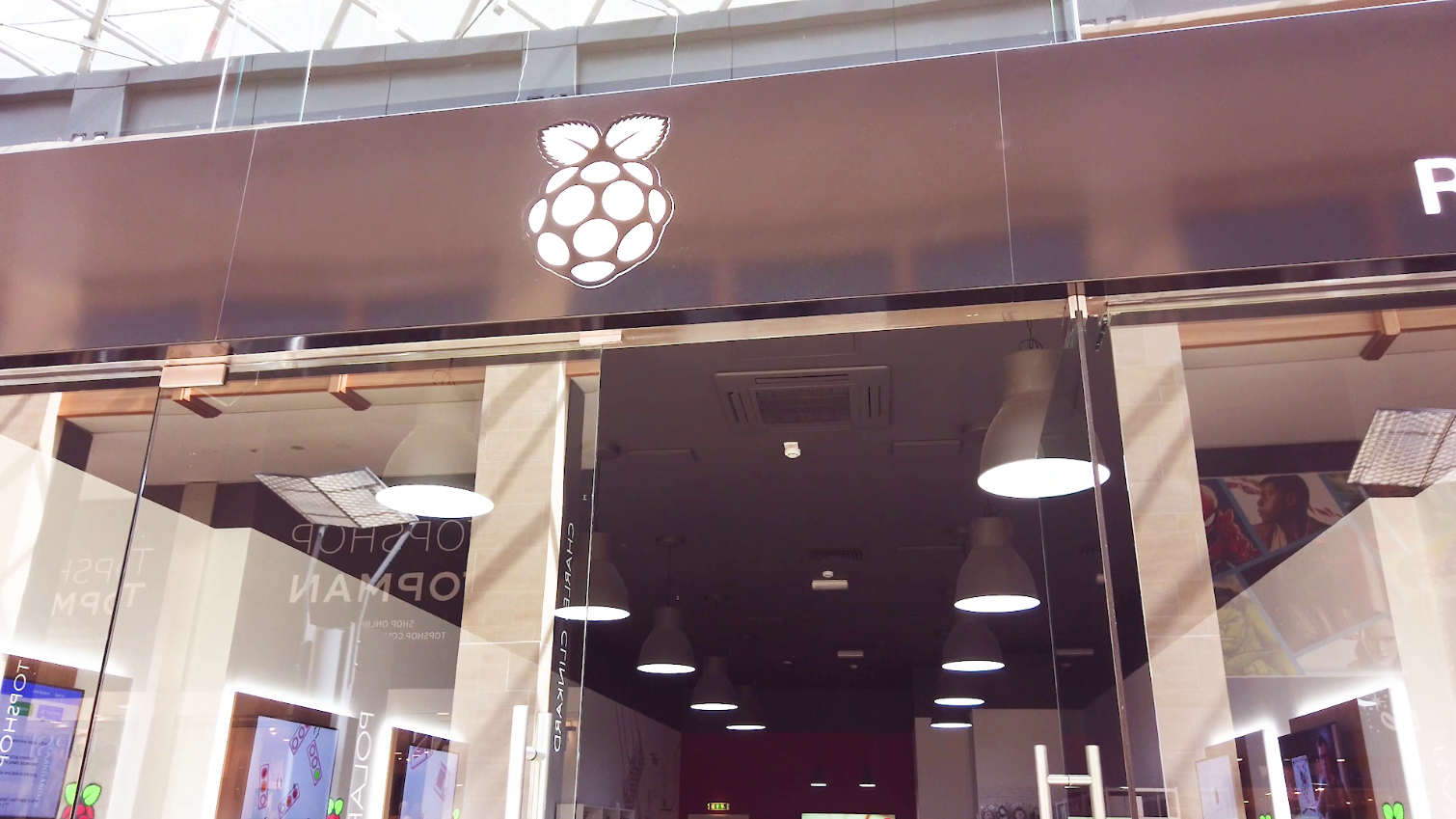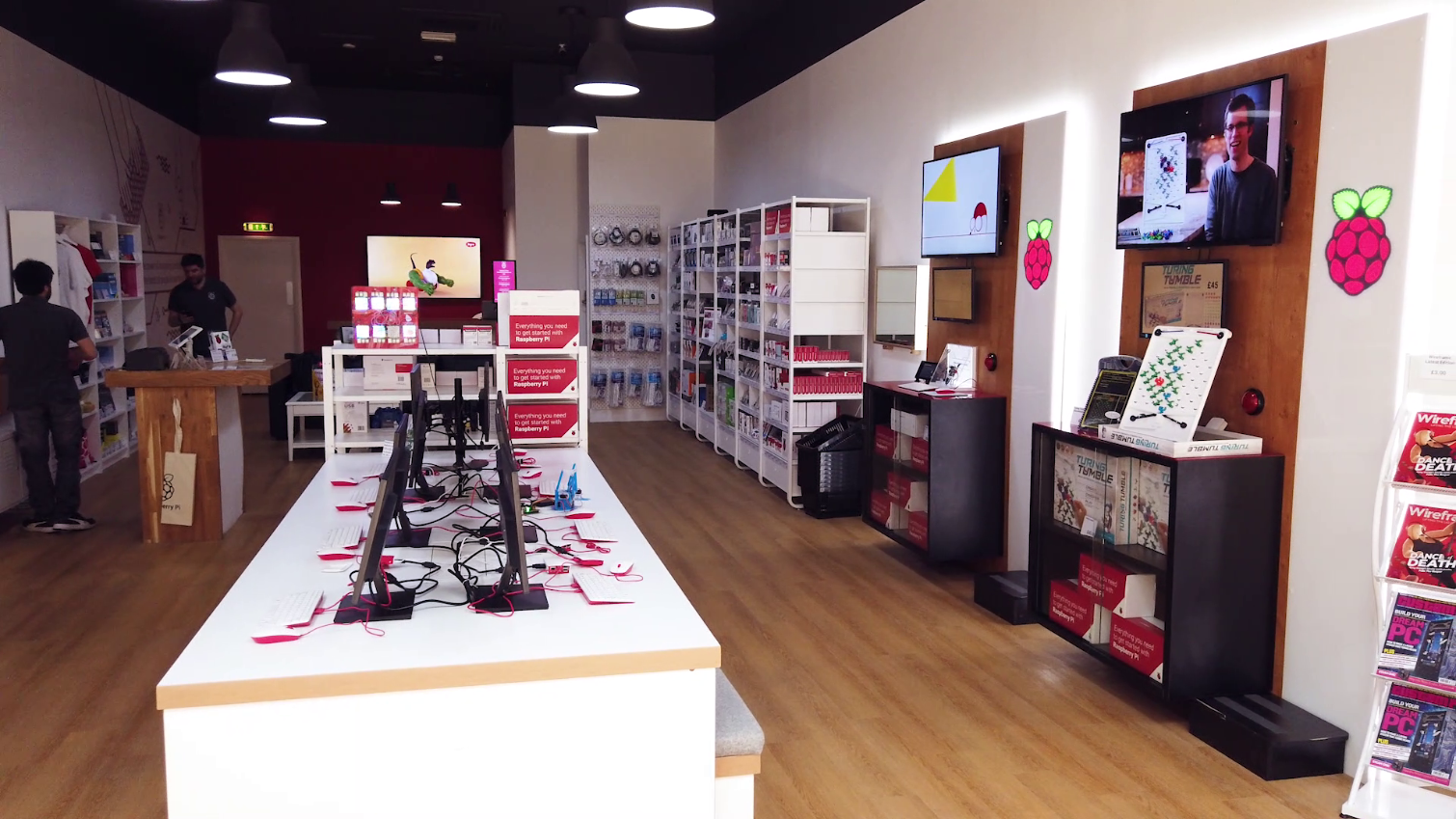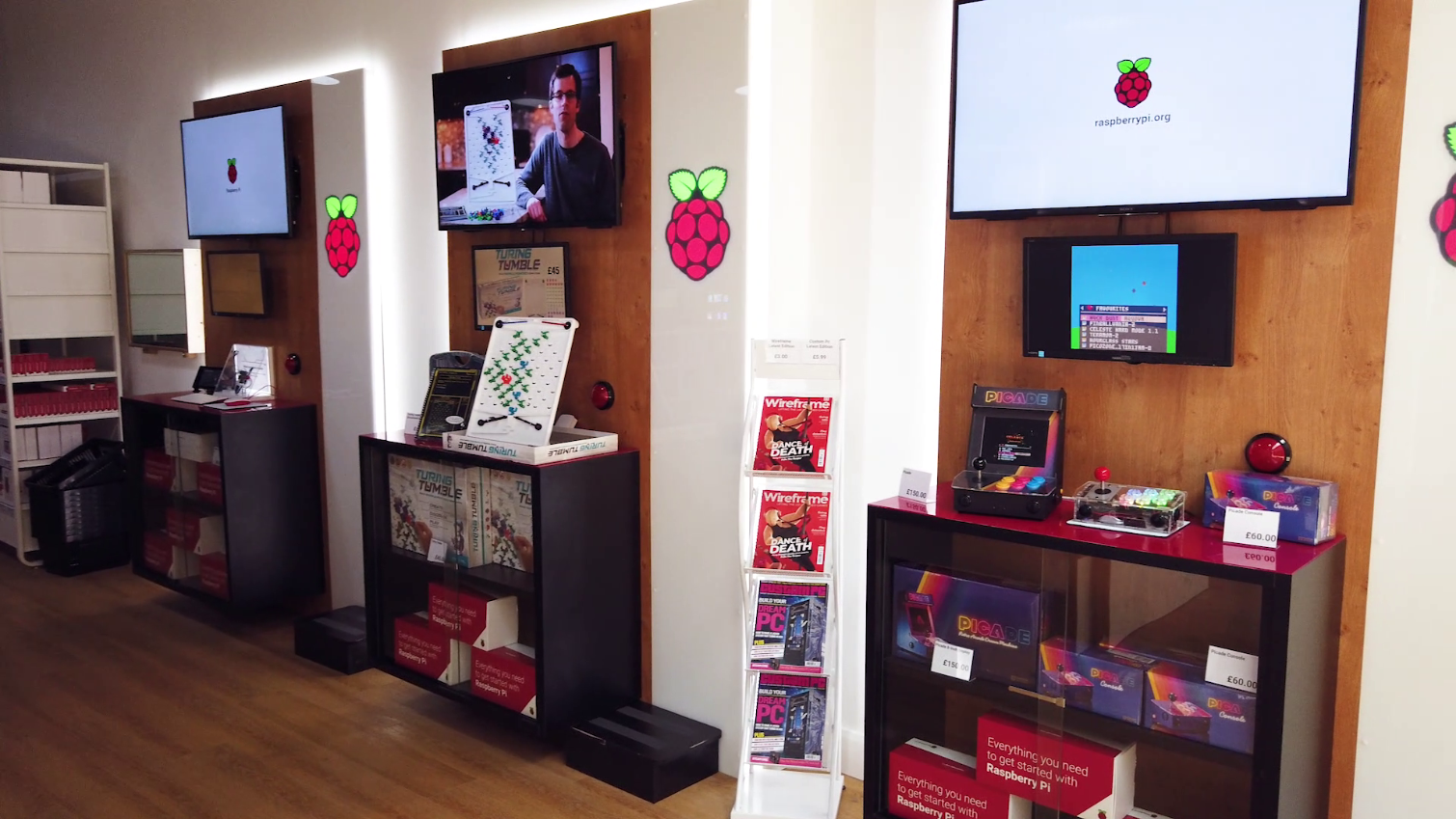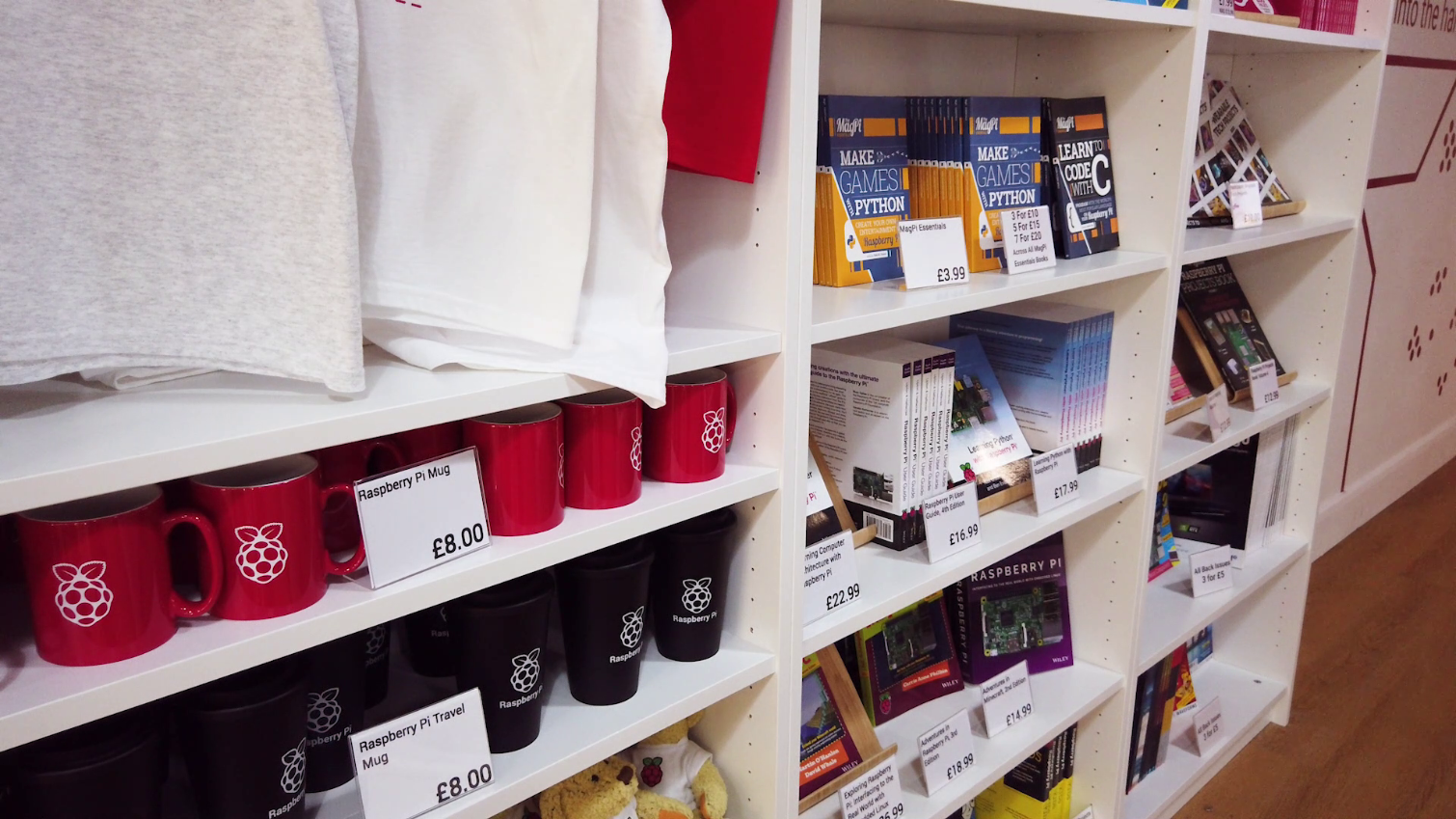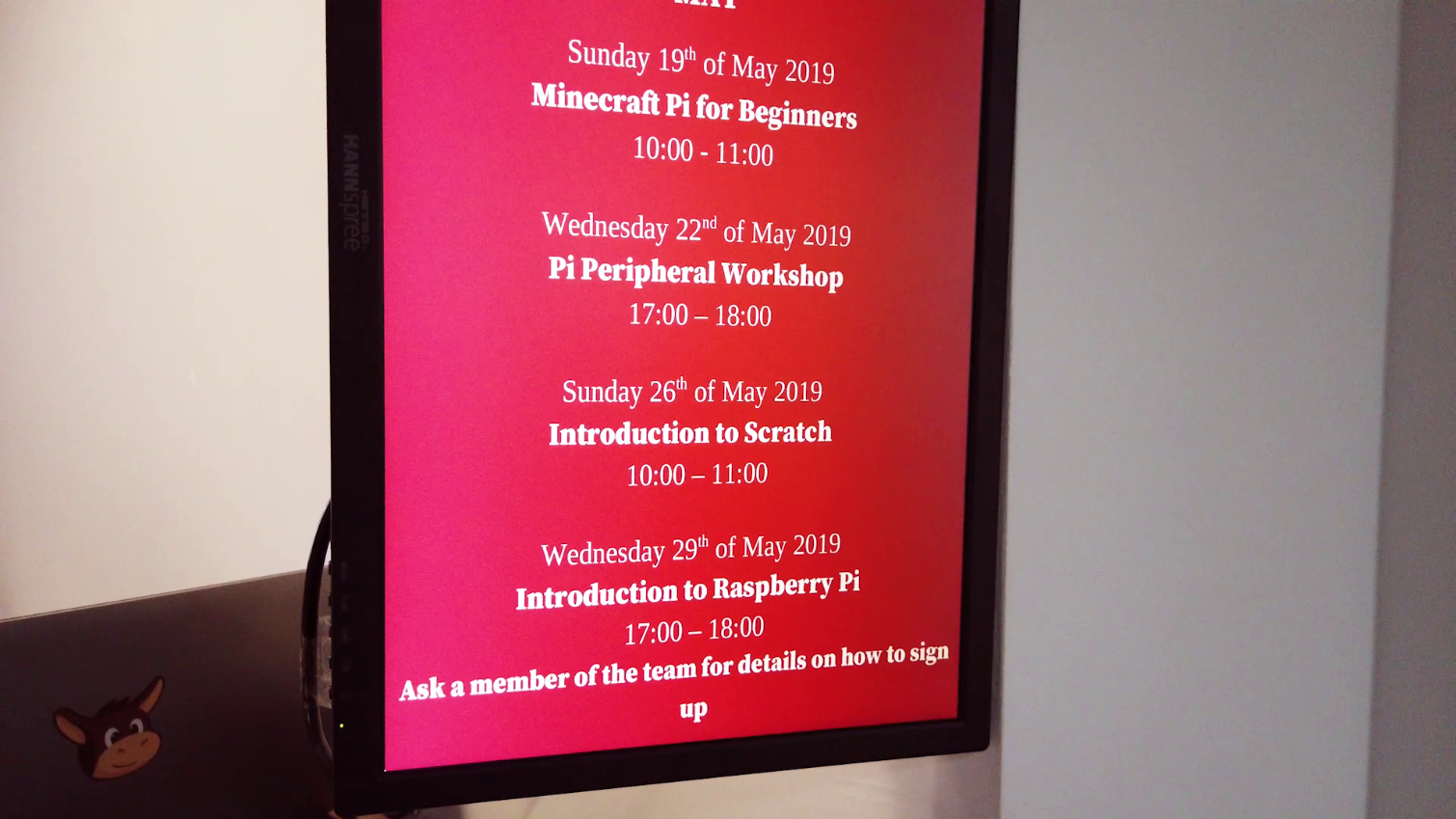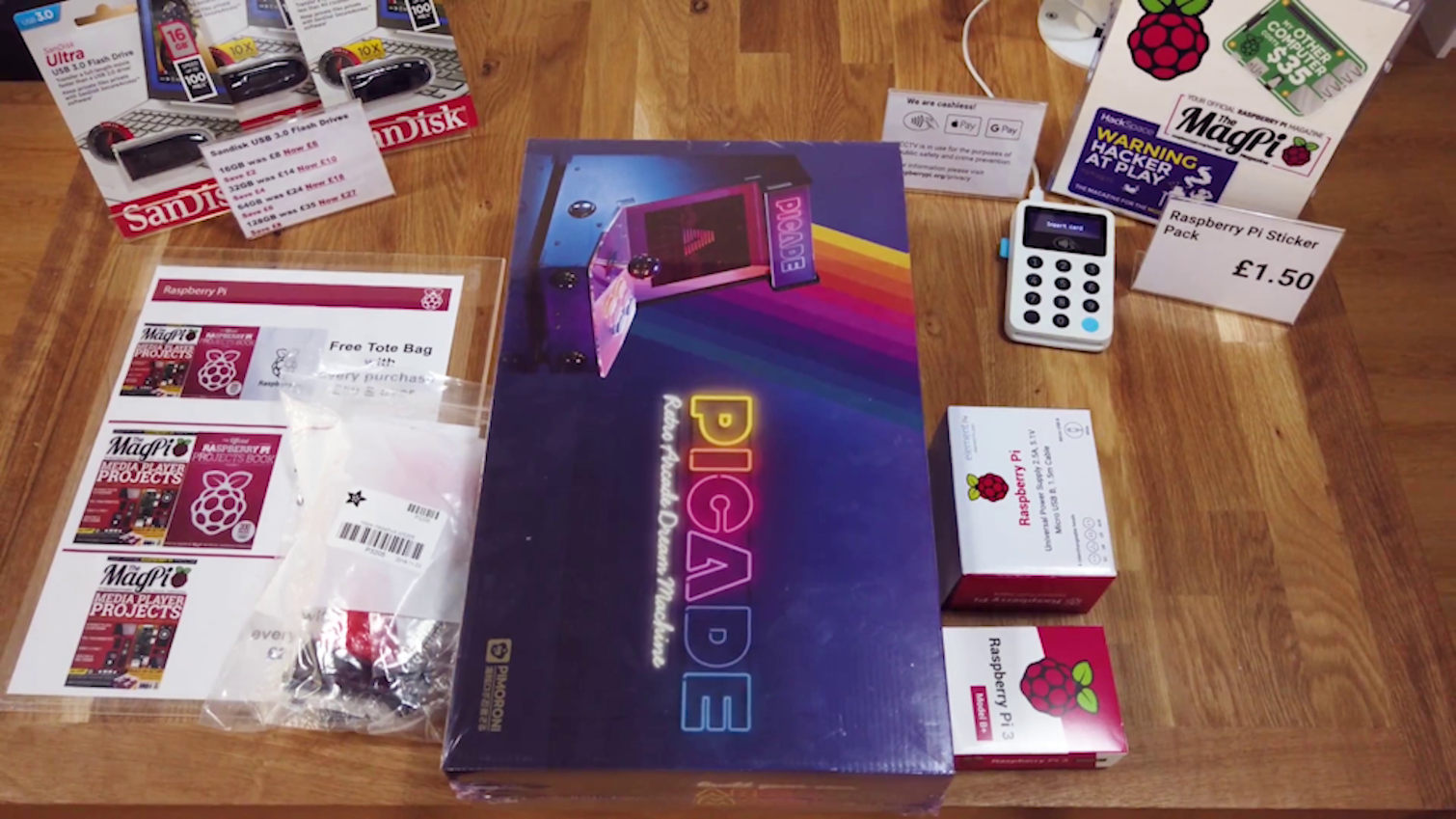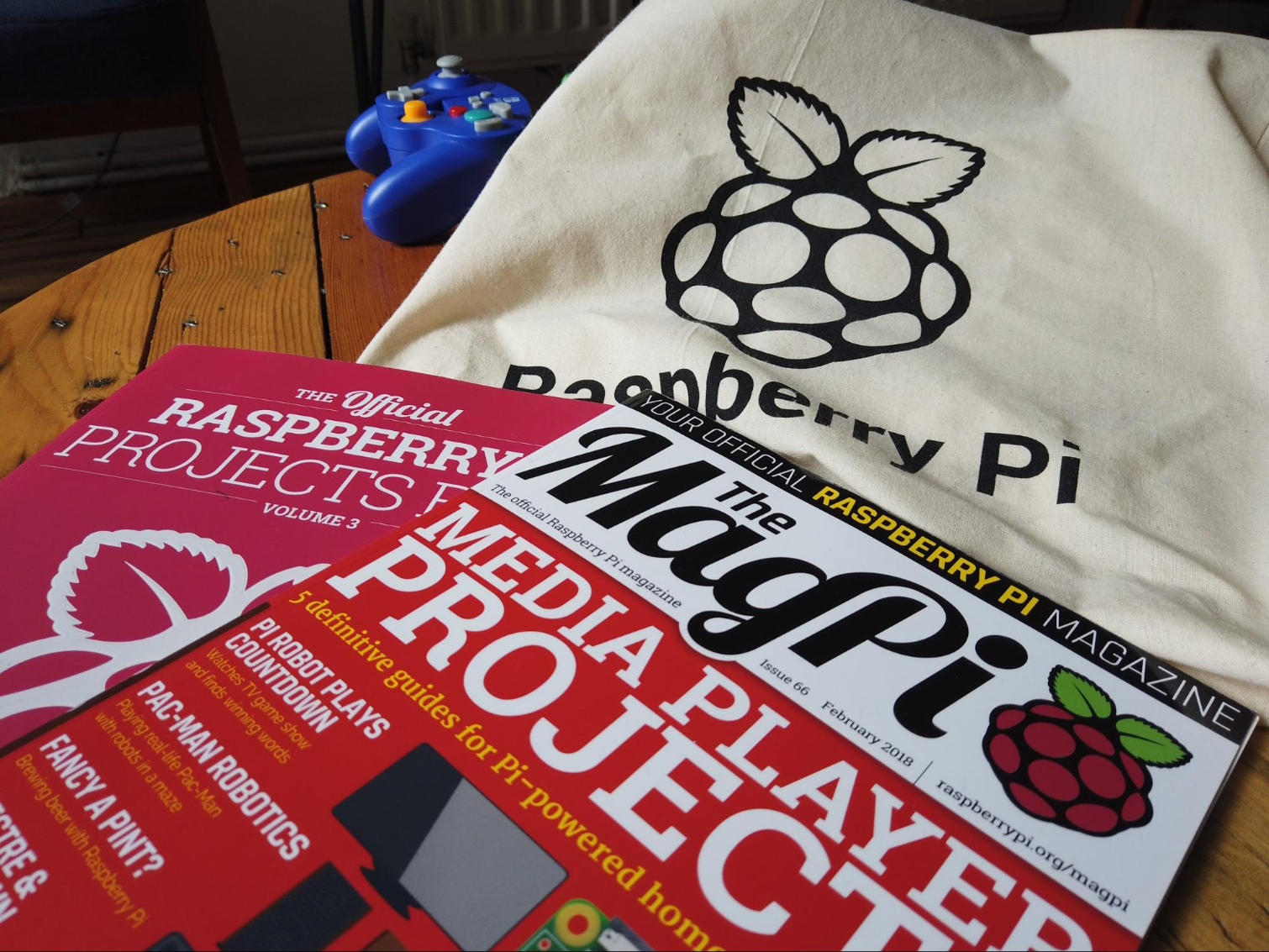Inside Raspberry Pi's First Brick and Mortar Store
If Apple, Microsoft and even smaller brands like Thermaltake have brick and mortar outlets, why not Raspberry Pi? With more than 25 million units sold over the past seven years, Raspberry Pi is one of the most popular computers of all-time, but it's never had its own retail showcase, until now.
Less than 4 months ago, Raspberry Pi Trading Ltd, the business arm of the Raspberry Pi foundation, opened a retail outlet in Cambridge, UK, the foundation's home base. But why build a physical store?
According to Eben Upton, the founder of Raspberry Pi and current CEO of Raspberry Pi Trading, it comes down to the way Raspberry Pi operates. Since Raspberry Pi trading designs the device and licenses it to other companies to manufacture and distribute they can be a long way from their customer and lack the proper channels to discover what they want from Raspberry Pi or why they are not taking the leap into their devices and a physical store allows them direct access to consumers.
While its location in Cambridge was chosen due to its physical proximity with the company and its existing tech-savvy audience, Upton admits that, if successful, the organization would be open to experimenting with future stores.
While the comparison with an Apple Store initially seems apt, the philosophy of Raspberry Pi is about openness, low-level access and learning through fun which is reflected in the demo stations that go from basic coding and GPIO programming to tumble games and mini arcade kits.
The back of the store is dedicated to the growing number of accessories and kits that can be used to build difference Pi-powered devices, as well as project books for different levels and ages as well as Raspberry Pi-themed merch, some of which is exclusive to the store.
The store also serves as an event area for Workshops, which can be the perfect excuse for a visit.
Get Tom's Hardware's best news and in-depth reviews, straight to your inbox.
After trying some of the demos, I was convinced that I wanted to build an Arcade Cabinet of my own. After consulting with the helpful store staff who advised me on exactly what the kit includes and what I needed to purchase I got ready to buy.
Currently, purchases on the store come with some gift items depending on the final amount. £25 or more (less than the cost of standard Raspberry Pi!) gives you the current issue of the MagPi, the official Raspberry Pi magazine featuring a collection of technical articles and projects. Purchases of £45 or more add to that the current edition of the official Raspberry Pi Project book, a thick issue filled with instructions for interesting projects of many shapes and sizes. Purchases over £50 will also add a Raspberry themed tote bag.
As I walked out with an unexpected hole in my wallet and a heavy tote bag I was itching to find the time to find the free time to put the arcade together and possibly look through some of the other projects in the books.
While most people familiar with Raspberry Pi experimentation are very comfortable with online shopping, there is an undeniable magic to trying out project kits in a cool-looking store and walking out with a bunch of fun devices and gifts. While online collaboration will always be the cornerstone of most big open projects, my trip up to Cambridge ended up being way more exciting and interesting than I expected and I seriously hope the store is successful enough that Raspberry Pi is able to open more stores around the world.
In the meantime, next time I am in London I will surely look into the store's activity schedule to find an excuse to take a train to Cambridge for another visit.
Image Credits: Tom's Hardware
MORE: Raspberry Pi Projects and Tutorials
MORE: All Raspberry Pi Content
